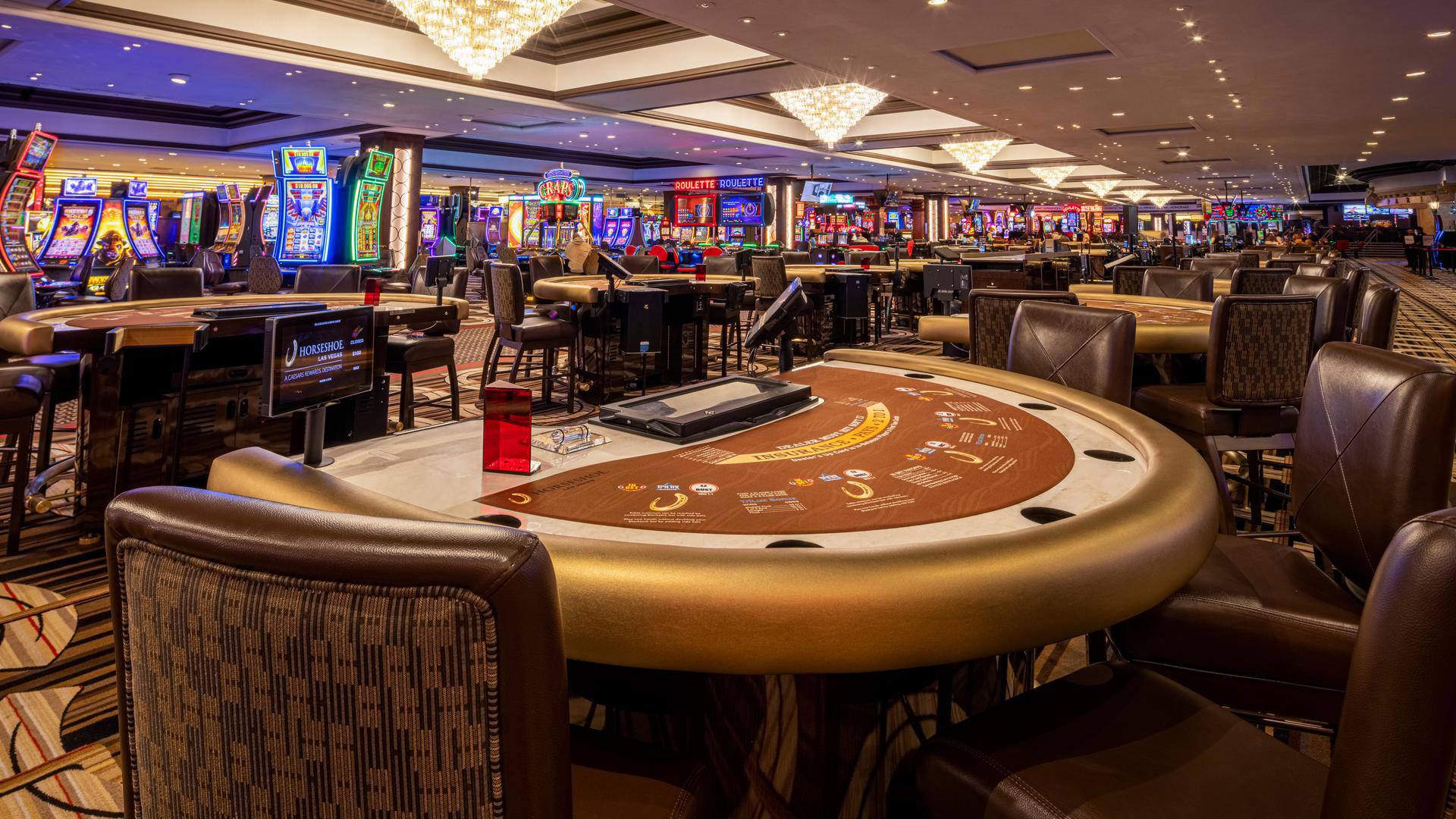
Casino games have long been a significant aspect of human culture, delivering not just entertainment but a intriguing reflection of our dreams, wishes, and fears. From the spinning reels of a slot machine to the tactical play of poker, these games represent a range of human sentiments and events. At their core, casino games are more than a chance to earn cash; they are a snapshot of life itself, where risk versus reward intertwine and fortunes can change in an instant.
As players convene around tables or sit in front of brightly lit machines, they engage in a tradition that transcends mere gambling. These games mirror our instinctive desires for relationships, adventure, and the search for fortune. They also reveal deeper truths about human psychology, such as our relationship with fate and the excitement of risk. In exploring casino games, we reveal not only the rules of play but also the intricate pattern of the human experience, showcasing our intertwining narratives of aspiration and reality.
The Psychology of Gambling
Gambling is deeply rooted in human psychology, appealing to various feelings and wants. The thrill of taking risks is a core aspect that attracts participants, be it it’s excitement of spinning a roulette wheel or the anticipation of drawing a winning card in poker. This rush of adrenaline is often compared to other forms of thrill, as the uncertainty of outcomes elicits a unique psychological response. Gamblers often become captivated by the possibility of winning big, leading to an irresistible draw toward gambling games.
Additionally, a crucial component of the psychology behind gambling is the concept of optimism and ambition. Players often indulge in fantasies of financial freedom and the luxurious lifestyle that can follow winning. This hope fuels their ongoing participation in gambling, as it provides a sense of purpose and the conviction that a life-changing win could be just one wager away. The narrative of beating the odds and finding success resonates with many, strengthening their commitment to play and involve themselves with these games.
Lastly, social aspects play a significant role in gambling psychology. Gambling venues are designed to promote social interaction, where players gather to share the experience of wins and losses. This communal aspect not only enhances enjoyment but also influences behavior, as individuals often mimic the actions of others in their vicinity. The social validation found in mutual thrill can magnify the emotional experience, making casino games a mirror of not just personal desires but also collective engagement within the gaming community.
### Risk and Reward: A Double-Edged Sword
Casino games embody the fragile balance between risk and reward that resonates deeply with human nature. The excitement of placing a wager is often accompanied by a jolt of energy, as gamblers are confronted with the chance of a huge payout, yet cognizant of the potential to lose. This dual experience reflects a essential aspect of life: the paths we choose often come with inherent risks, and the chase for gain can drive us to take chances we might not otherwise consider. In this way, gambling activities reflect real-world decisions, enticing players to gamble not just their money, but also their aspirations.
The allure of jackpot prizes and payouts fuels a wave of hope, inspiring gamblers to dream of a better future that could arise from a fortunate turn of the wheel or dealing of a hand. This positive outlook can compel individuals to engage in more daring actions, encouraging them to extend their limits in search of economic benefit. However, just as in life, the results of these risks can lead to both triumph and loss. The stories of both jackpot winners and those who have lost everything at the casino demonstrate the unpredictable nature of luck and its significant impact on our existence.
Ultimately, the experience of engaging with gambling activities serves as a strong reminder of the nature of humanity. Every session played is imbued with the tension of uncertainty, as players weigh the rewards against the dangers. This dynamic not only highlights the thrill that comes with betting but also exposes the vulnerabilities that come with the longing for more. Nạp Tiền FB88 As we explore the complexities of decision-making and results in both the casino and in life, we find that the pursuit of risk and reward shapes our sense of self and journeys in deep ways.
Community and Isolation in Gambling Culture
Casino environment is a unique mix of communal engagement and personal pursuit, reflecting the dualities of individual experience. Nhà Cái FB88 Players often gather around tables, sharing in the excitement of the game, rejoicing in wins, and sympathizing over losses. This social aspect is vital, as it creates a sense of belonging and camaraderie among diverse groups of people. Regular attendees to gaming establishments may form friendships and establish routines, turning the gambling venue into a alternative home where they feel connected to a greater community of gamblers.
However, the attraction of gambling games can also lead to isolation. As players become engrossed in the thrill of playing, they may withdraw from personal relationships or neglect to engage with the environment outside the gaming space. For some, the search of a jackpot can overshadow real connections, leading to isolation. The situation of being among others yet feeling solitary is not uncommon, as the focus shifts from collective fun to the private stakes of each individual’s journey.
This interaction of community and solitude creates a rich mosaic that defines casino culture. It highlights the complexity of social interactions, where joy and sorrow coexist. Gambling venues serve as both a refuge for social engagement and a platform for individual struggles, demonstrating how deeply connected our yearning for companionship and the personal quest for wealth can be. In navigating this environment, players confront their own stories—seeking both the thrill of the game and the fellowship of fellow gamblers, eventually mirroring the broader spectrum of individual experience.